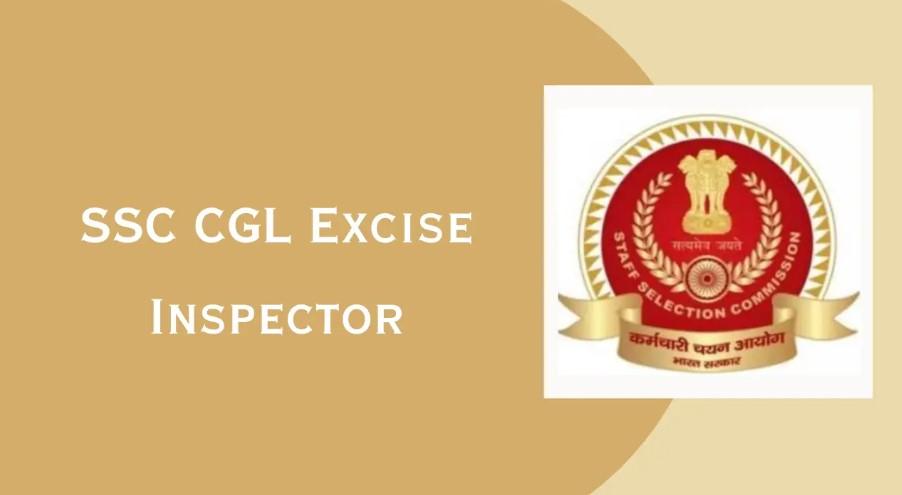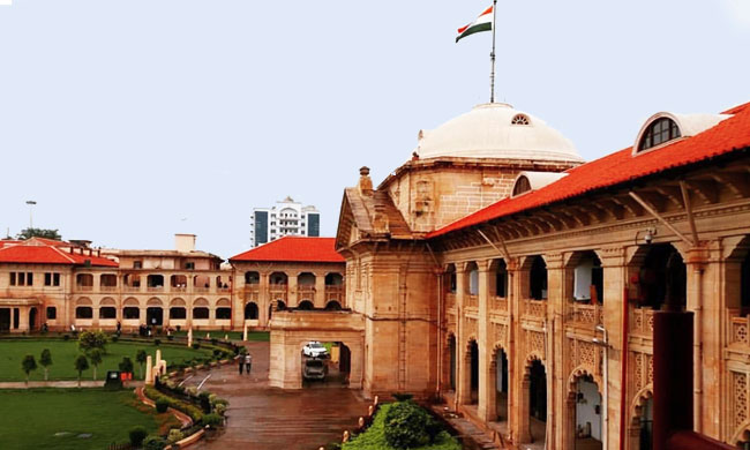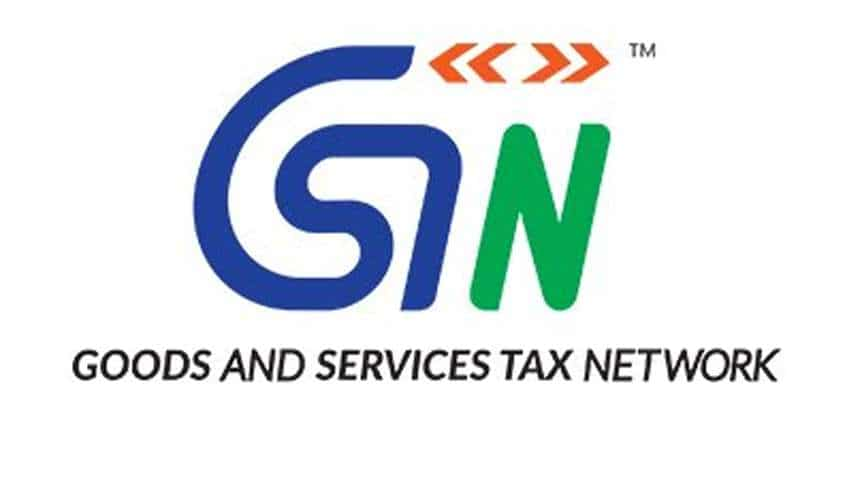The rise in global crude prices after August 2020 has led to a rapid rise in fuel prices across the country, which has sparked a demand for including petrol and diesel under GST. It is a huge misnomer that merely including these items under GST would lead to a lowering of pump prices since the maximum rate on these products would be capped at 28 per cent. While a decision to subsume petrol and diesel in GST would ultimately lie with the GST Council, prices can be lowered only by lowering the revenue that currently accrues to both the Centre and the states on the sale of these products, whether under GST or outside it.

With the Centre and the states expected to earn around Rs 5.5 lakh crore by way of revenue from petrol and diesel during the current fiscal year, prices cannot be lowered even reasonably unless there are widespread tax cuts by both the Union and all the states.
The Union and state levies put together account for roughly 55 per cent and 52 per cent of the retail price of petrol and diesel respectively; these work out to around 135 per cent and 116 per cent of the base prices of the two products respectively. It is also interesting to note that the central levy on petrol and diesel works out to around 36 per cent of the retail price while the state component is around 20 per cent (diesel) to 28 per cent (petrol).
Moreover, it is worth noting that of the total central levies on petrol and diesel, Rs 1.40 per litre and Rs 1.80 per litre is the basic excise duty for the two fuels, and Rs 11 per litre and Rs 18 per litre is the special additional excise duty. Both these components form part of the divisible pool of taxes, 42 per cent of which (approximately Rs 52,000 crore) goes to the states. The remaining portion of Rs 18 per litre in both cases is the Road and Infrastructure Cess and Rs 2.50 per litre and Rs 4 per litre is the Agriculture Infrastructure and Development Cess which are retained by the Centre, to be used only towards road and agricultural infrastructure development.

With such heavy taxation, prices cannot be brought down unless taxes are cut. However, revenue from these products forms such a significant component of overall government revenue that significant tax cuts would be accompanied by significant loss of almost assured revenue, since bulk of the revenue from these products is contributed by public sector undertakings.
Being demerit goods, fuel oils and liquor are almost universally subject to a dual levy by countries that implement any kind of VAT or GST. The levy is a mix of GST at a fixed percentage of the price which qualifies for credit in the value chain and a fixed amount or percentage of the price which is not creditable and is thus outside GST. Punitive taxes of this order are levied primarily to discourage consumption of environmentally degrading fossil fuels and to garner revenues to fund infrastructure, while the creditable component enables offsetting of taxes on basically capital inputs.
These products are subjected to a plethora of levies like VAT, excise duty, storage levies, security levies and environmental taxes in the EU and the total incidence of such taxes ranges from around 45 per cent to 60 per cent. In Canada, the tax on these products ranges from 15 per cent GST (5 per cent in case of non-participating provinces) plus around 25 to 30 cent per litre. The US is an exception in these matters since it imposes taxes at rates as low as around 15 per cent.
This model of dual levy is a tried and tested mechanism and could have been easily enabled in the statute. However, the UPA government deemed it fit to altogether keep the basic petroleum products out of the ambit of GST. Clause 14 of the 115th Constitution Amendment Bill introduced in 2010 sought to define GST as any tax on supply of goods or services or both, except taxes on the supply of petroleum crude, high speed diesel, petrol, natural gas, aviation turbine fuel, and alcoholic liquor for human consumption.
After widespread consultation with stakeholders, the NDA government introduced the 122nd Constitution Amendment Bill in 2014 whereby the only exclusion from GST was alcoholic liquor for human consumption and a provision to the effect that the aforesaid petroleum products would be subjected to GST with effect from such date as the council may recommend. Such a delayed choice approach was adopted in view of the reluctance of states to subject around 25-30 per cent of their assured tax revenues to the initial uncertainties of a new tax regime.

Accordingly, sections 9(2) and 5(2) of the CGST/SGST Act and the IGST Act respectively, explicitly provide for levy of GST on these products with effect from such date as the Council may recommend. This was a far sighted move on the part of the NDA government which now enables the levy of GST on these products without making any further amendment to the Constitution.
Thus, bringing the aforesaid petro-products under GST is not within the reach of the central government alone — a vast majority of states too would have to come on board. However, bringing them under GST would involve taking a call on a very tricky issue.
Given the price build-up of petrol and diesel in today’s scenario, a 28 per cent levy of GST on the base price would fetch around Rs 5.40 per litre on petrol and around Rs 5.45 on diesel to the central and each of the state governments as against the current yield of Rs 32.90 per litre on petrol and Rs 31.80 per litre on diesel to the Centre alone and an average of around Rs 20 per litre and Rs 15 per litre on petrol and diesel, respectively, to each of the states. This, however, would bring down the prices of petrol and diesel to around Rs 55 per litre even though lowering the prices to this level would entail a staggering loss of revenue to both the Centre and the states.
Unless, a commensurate levy of non-creditable excise duty/VAT (equivalent to the difference between the current yield of central/state levies and the expected GST yield) is imposed by the Union and the states, this would translate into a revenue loss of around Rupees 3 lakh crore on account of petrol and around Rupees 1.1 lakh crore on account of diesel to the Centre and the states, at current volumes.














